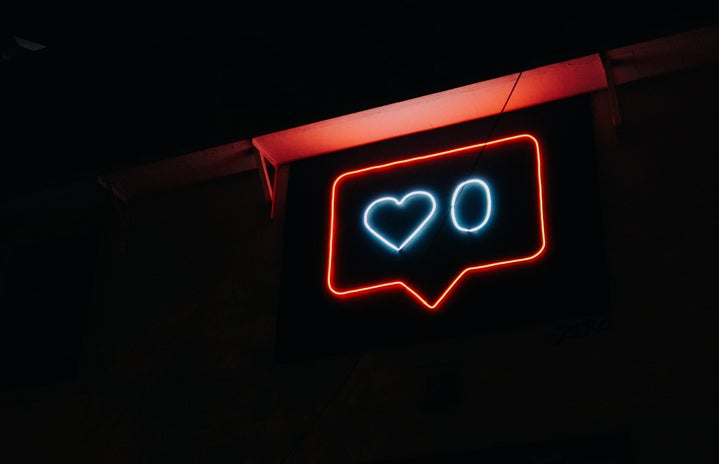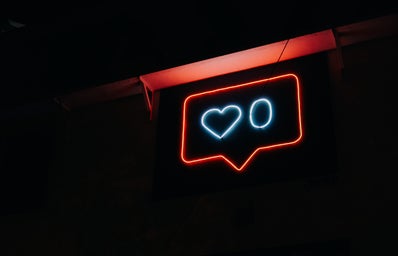In an era where we have the unprecedented ability to instantly connect with anyone and anywhere, the paradoxical truth is that social media has increased dysconnectivity between people.
As humans we are social—and therefore inherently, dependent—beings. We are dependent on one another for survival, both physically and emotionally. As such, the many platforms of social media have exacerbated and further perpetuated our need for constant validation from others. This validation, as good as it feels once attained, is only temporary.
Courtesy: Addiction Center
In an article by Slate, Sean Parker, one of the founding Facebook investors and the company’s first president, conceded to the fact that the app was designed to consume as much of users’ time and conscious attention as possible. Parker stated, “We needed to sort of give [users] a little dopamine hit every once in a while, because someone liked or commented on a photo or a post or whatever, and that’s going to get you to contribute more content, and that’s going to get you more likes and comments. It’s a social validation feedback loop…You’re exploiting a vulnerability in human psychology.”
Dopamine is the same chemical produced in the brain associated with drugs and alcohol. The commonality between these two and social media is that they are all addictive in nature. As an article from Harvard University confirms, “it rewards us for beneficial behaviors and motivates us to repeat them.” Essentially, once the rush from our likes, comments and shares dwindles, we tend to want to supplement that lost feeling even more than we did before. And that is how we suddenly find ourselves posting over and over again.
The more engulfed we become in the habitual practice of scrolling through our daily feeds, the more distorted our perceptions of our own social wellbeing becomes. We watch all these interactions where it seems like everyone else is connecting, leading us to feel a heightened sense of FOMO or exclusion. Inevitably, we tend to avoid spending time alone so that we can be the people in the posts rather than the ones scrolling through them. In this respect, many of our once meaningful face-to-face relationships quickly diminish to a superficial level.
Ultimately, social media has evolved into an incredible tool for uniting geographically distant people and sharing our life experiences, but it has equally become a pale imitation of reality. Real relationships are messy and vulnerable. We can’t hide behind filters or control the person on the opposite side of the screen. In order to get our relational needs met, we have to be known. If on a public domain we only project our exterior layers of strength and confidence, they won’t know us entirely: they’ll only know our avatar. As a result, we will harbor doubts that others truly care about us. We will become more self-conscious, more self-critical and less likely to admit when we’re depressed or lonely. After all, those kinds of posts rarely garner as many likes.
Courtesy: Psych Bytes
Before we can form meaningful relationships with other people, we must invest in meaningful relationships with ourselves, which is a process that can only occur when we make the conscious effort to set boundaries between ourselves and the digitally social world.
Want to see more HCFSU? Be sure to like us on Facebook and follow us on Instagram, Twitter and Pinterest!



